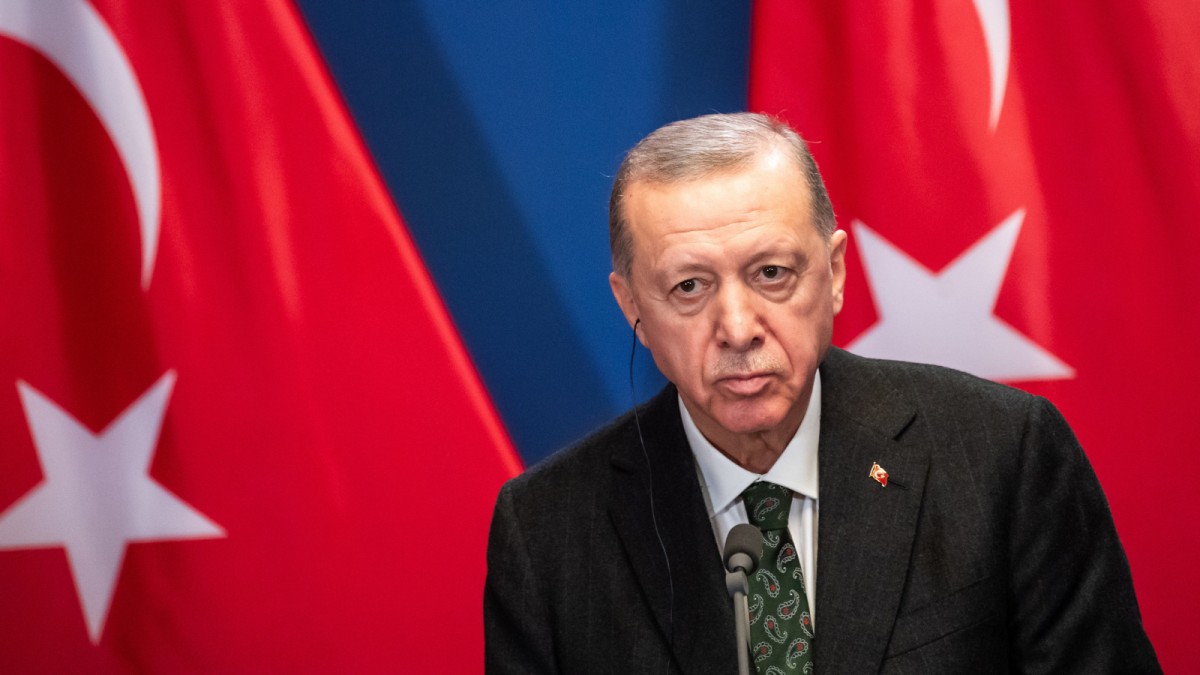

Fatih Karahan, the newly appointed governor of the Central Bank of the Republic of Türkiye (CBRT), recently met with Jerome Powell, chairman of the U.S. Federal Reserve, at the Jackson Hole Economic Policy Symposium on August 28, 2024. This annual event, hosted by the Kansas City Fed since 1978, serves as a platform for global central bankers and financial experts to discuss pressing economic issues. This year's theme, 'Re-evaluating the Effectiveness and Transmission of Monetary Policy,' focused on the adjustments needed in the post-pandemic economy and the long-term effects of recent monetary policies [141a0e19].
Mark Carney, the former head of the central banks of Canada and the United Kingdom, previously shared insights on monetary policy and the challenges faced by central banks. He emphasized the critical role of central banks in managing inflation and ensuring currency stability, which are essential for attracting investment and fostering economic growth. Carney pointed out the divergent paths of the American and Canadian economies, noting that while the U.S. Federal Reserve has been gradually raising interest rates, the Bank of Canada has remained cautious due to stagnant GDP growth in Canada [30f72874].
Carney's remarks also highlighted potential risks in the Canadian economy, particularly concerning the residential sector, where higher mortgage costs could impact consumer spending and business investment. He suggested that the Bank of Canada might face tough decisions regarding its monetary policy in relation to the U.S. [30f72874].
In the context of Türkiye, Karahan's meeting with Powell is significant as it marks a new chapter for the CBRT following the resignation of the previous governor, Hafize Gaye Erkan, amid allegations of nepotism. Karahan, who has a background in economics and experience at the Federal Reserve Bank of New York, is expected to navigate Türkiye's monetary policy amid ongoing economic challenges [30f72874][141a0e19].
As both central bank leaders engage in discussions at Jackson Hole, the outcomes may influence global monetary policy strategies and economic stability in their respective countries, particularly in light of the ongoing adjustments required in the wake of the COVID-19 pandemic.